Gastralgia involves diet thus patient’s
eating is as important as doctor’s treatment.
So, which food is advised and which is not?
1. Eat less greasy foods
As these foods are hard to be digested thus
they cause digestive system difficulty. They also leads to cirrhosis, not good
for health.
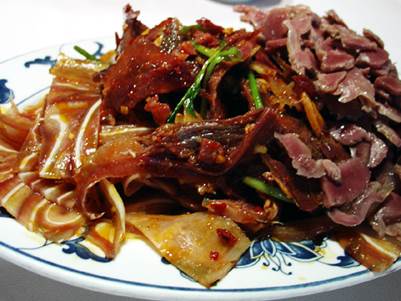
Eat
less greasy foods
2. Eat less salt
Salty foods make it hard for stomach to
process. Moreover, they may contain substances that cause cancer so you must
stay away from them.
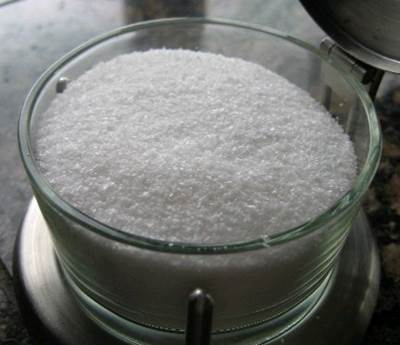
Eat
less salt
3. Avoid raw or cold food and stimulants
Raw, cold foods and stimulants are quite
powerful for membrane of digestive system so it would result in diarrhea or
gastritis.
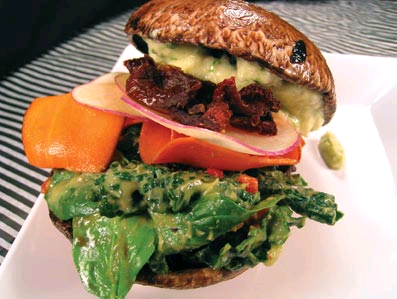
Avoid
raw or cold food and stimulants
4. A regular diet
Study shows that a regular diet forms a
conditioned reflex that supports urination and digestive system.
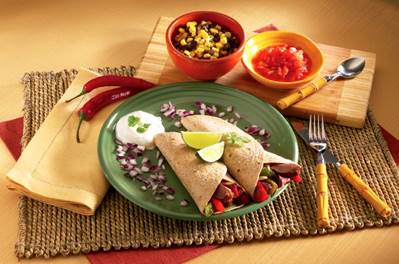
A
regular diet
5. Punctuality and quantitative method
You must have 3 meals per day and each must
be on time. You’re extremely not allowed to feel too hungry or too full as
gastric acids will be produce infrequently, affecting digestive process
negatively.

You
must have 3 meals per day and each must be on time.
6. Eat slowly to reduce stomach’s duty
When you chew carefully, more slaver will
be produced. This helps your stomach to work less.
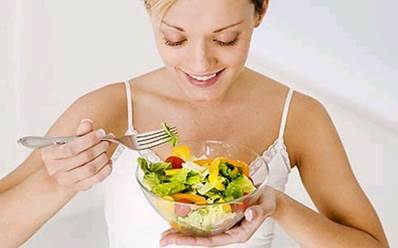
Eat
slowly to reduce stomach’s duty
7. Choose time to drink
The best times to drink are after getting
up in the morning and at one hour before meal. Drinking right after meal
dilutes gastric juice, enhancing the chance of gastralgia. Too much soup
consumption will affect food digestion.
8. Be careful with low temperature
Once the stomach gets cold, it works less
efficiently. Thus, patients need to keep stomach warm.
9. Avoid stimulants
Don’t smoke as it shrinks blood vessels of
the stomach, damaging the provision of blood cells to stomach walls then
reducing gastric membrane’s resistance. You shouldn’t drink wine or eat spicy
foods… to maintain your stomach’s operation.

You
shouldn’t drink wine.
10. Vitamin
C supplement
Vitamin C, in recommended quantity, can
protect the stomach. Keeping natural amount of vitamin C in gastric juice can
optimize stomach’s productivity as well as enhance its resistance. Vitamin C
can be found in vegetables and fruits.
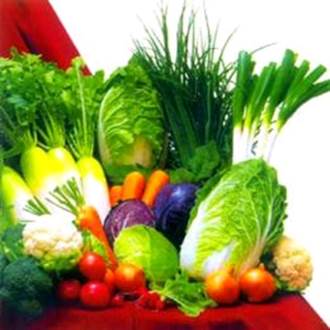
Vitamin
C can be found in vegetables and fruits.